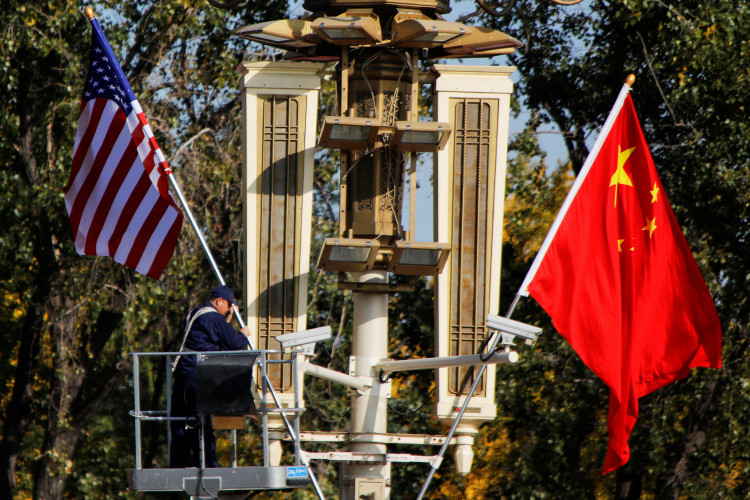China and the European Union criticized the United States protectionist measures that drag down the World Trade Organisation. Japan, Switzerland, and Canada also criticized Washington.
Dennis Shea, U.S. trade ambassador, claimed that China's "unfair competitive practices" violate the WTO rules. He claimed that China is damaging businesses and workers globally. The ambassador vowed that the United States will spearhead reforms at the WTO.
The administration of U.S. President Donald Trump claims that the WTO is dysfunctional. They are questioning the organization authority after it failed to pursue China to open up its economy when it joined the WTO in 2001.
Zhang Xiangchen, a Chinese envoy, attacked the U.S. tariffs on steel and aluminum products. He claimed that the United States allowed protectionism under the guise of national security concerns. Mar Banheukelen, an EU ambassador, said that the multilateral trading system is in a deep crisis and the United States is at its epicenter.
The exchange of criticisms took place at a review of U.S. trade policies which is held every two years.
The United States refused to allow new appointees to the Appellate Body. It is the world's top trade court and the process of appointment of its new judges requires consensus among member states. The court, currently, is running out of judges. The judges are needed in issuing binding rulings in trade disputes.
The U.S. trade ambassador said that he is concerned about the dysfunctional WTO dispute settlement system. He claimed that the court had overextended in some of its legal interpretations. According to Mr. Zhang, the United States is putting the system into paralysis. China countered the United States reform effort by blocking the selection of judges.
Stephen de Boer, Canada's envoy, also questioned the limited U.S. procurement market specifying the "Buy American" legislation. Japan and Switzerland also criticized the United States in using national security exemptions to justify its tariffs on steel and aluminum.
Mr. Shea said that the United States is one of the most open and competitive economies in the world. He is denying that they are promoting a unilateral and protectionist trade approach.
He is claiming that China has pursued "non-market industrial policies and other unfair competitive practices" to support its local industries while restricting or discriminating other foreign companies and their goods and services.
He also said that the WTO is not well equipped to handle the fundamental challenge posed by China which continues to embrace a state-led mercantilist approach to the economy and trade.





